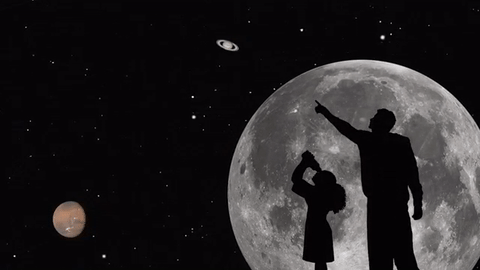Check Out The First Episode Again-- This Time On Vimeo!!! 😘 Http://ift.tt/2FLxzPK #science #drunkscience

Check out the first episode again-- this time on vimeo!!! 😘 http://ift.tt/2FLxzPK #science #drunkscience #slime #polymers #drinking #webseries #🍷 http://ift.tt/2EflSUe
More Posts from Drunkscience4u and Others
https://www.facebook.com/drunkscience4u/videos/1416673815012163/
Anyone wanna hire Cylinder before we snatch them up for an unpaid internship? You have until March 4, when we air! CV available upon request.

Go. Get. COVERED! Enrollment started yesterday and ends December 15! Don’t forget!! Please ignore the following hashtags. They are for the sole purpose of spreading this reminder further. #funny #friends #healthylifestyle #congratulations #halloween #naturalhair #makeup #me #meme #memes http://ift.tt/2iTXazP
The team behind Beauty of Science decided to explore the four seasons in this video combining macro footage of crystal growth, chemical reactions, and fluid dynamics. It’s always a fun game with videos like this to try and guess exactly what makes the mesmerizing patterns we see. Are those blue streaming waves in Spring caused by alcohol shifting the surface tension in a mixture? Are the dots of color welling up in Autumn a lighter fluid bursting up from underneath a denser one? As fun as the visuals are, though, what really made this video stand out for me was its excellent use of “The Blue Danube” to tie everything together. Check it out and don’t forget the audio! (Video credit: Beauty of Science; via Gizmodo)







For pedestrians, windy conditions can be uncomfortable or even downright dangerous. And while you might expect the buildings of an urban environment to protect people from the wind, that’s not always the case. The image above shows a simulation of ground-level wind conditions in Venice on a breezy day. While many areas, shown in blue and green, have lower wind speeds, there are a few areas, shown in red, where wind speeds are well above the day’s average. This enhancement often occurs in areas where buildings constrict airflow and funnel it together. The buildings create a form of the Venturi effect, where narrowing passages cause local pressure to drop, driving an increase in wind speed. Architects and urban designers are increasingly turning to numerical simulations and CFD to study these effects in urban environments and to search for ways to mitigate problems and keep pedestrians safe. (Image credits: CFD analysis - SimScale; pedestrians - Saltysalt, skolnv)
This post was sponsored by SimScale, the cloud-based simulation platform. SimScale offers a free Community plan for anyone interested in trying CFD, FEA and thermal simulations in their browser. Sign up for a free account here.
For information on FYFD’s sponsored post policy, click here.
What’s Up for February?
What’s Up for February? Look to the night sky for a brighter Venus, Comet 45P, asteroid Vesta and more.

Tonight, you can see Venus along with a crescent moon, Mars and Uranus just after sunset. No binoculars needed!

While there are no meteor showers this month, behold the zodiacal light!

This phenomenon is caused when sunlight reflects off dust particles in the plane of our solar system. Use Venus and Mars as a cone-shaped guide on the western horizon in late February and March.

Comet 45P will be visible using binoculars and telescope and will make its closest approach to Earth on February 11.

Finally, bright asteroid Vesta can be found in the constellation Pisces.
Follow us on Tumblr for your regular dose of space: http://nasa.tumblr.com
-
 drunkscience4u reblogged this · 7 years ago
drunkscience4u reblogged this · 7 years ago
The official page of Drunk Science! An enthusiastic host performs simple experiments and then humorously explains the science behind the result, all while visibly drunk.
126 posts


